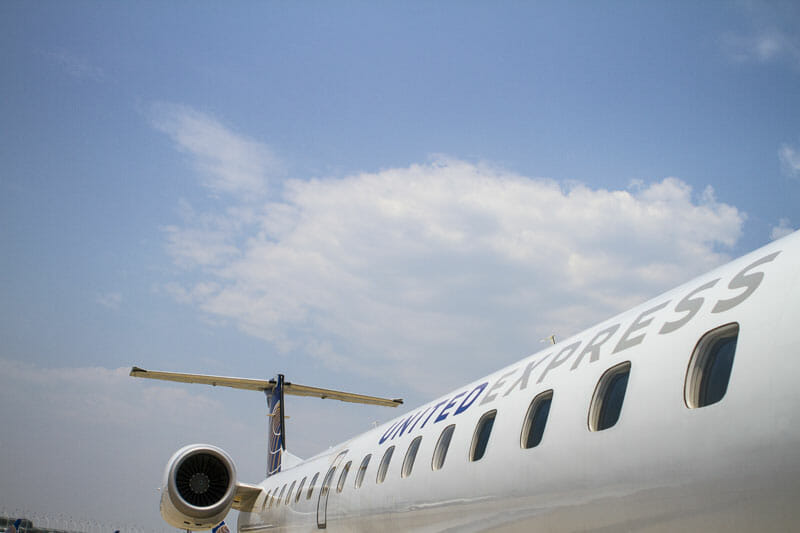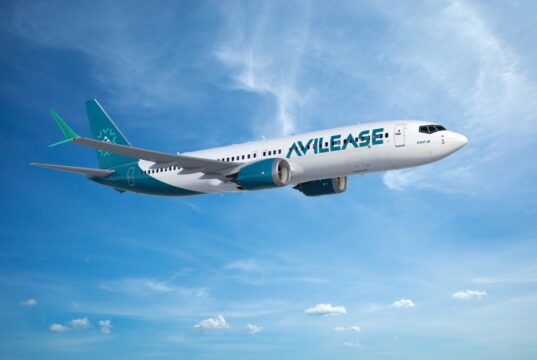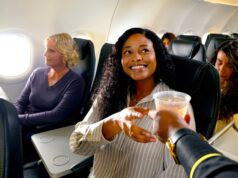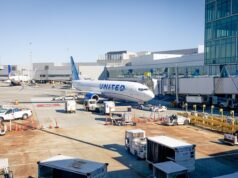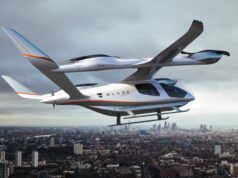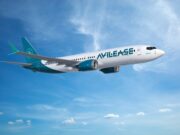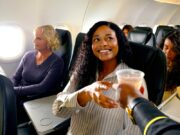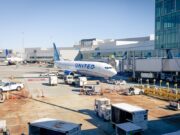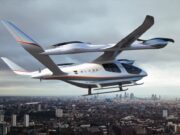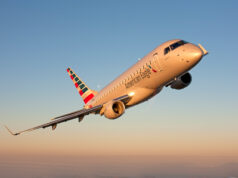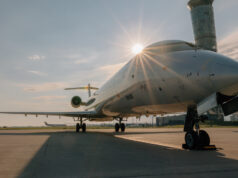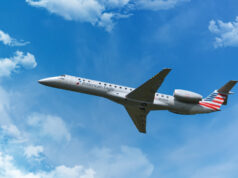High standards allows ExpressJet to recruit the best
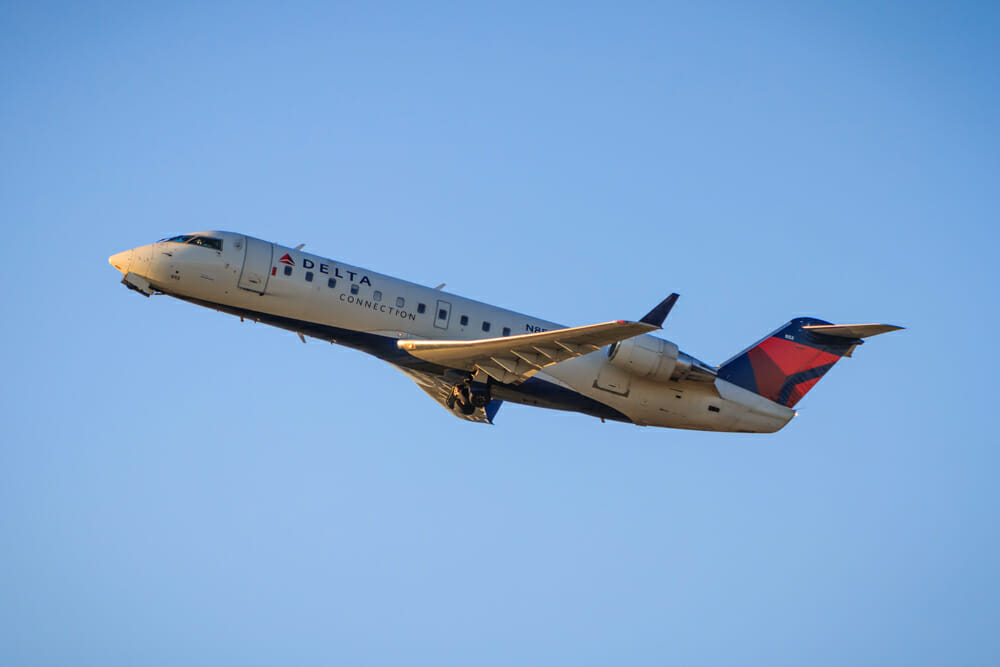
In 1999, Karl Baxter had a choice to make: which regional airline would be best for his career. Some airlines have quick upgrade times. Karl could have been a captain in 12 months, but he knew he wanted more than that. He wanted stability, an environment that fostered growth and place that he could learn.
“I knew that the promise of a quick upgrade at an unstable company could turn into no upgrade at all, and maybe not even a job,” says Karl. “I wanted a trusted name with a stable history and reputation for industry-leading training that would maximize my career potential. So, I chose ExpressJet.”
Seeing pilots that I've hired grow and move up to the majors has been extremely rewarding.
Now, seven years later, as the head of ExpressJet Pilot Recruiting, Karl is looking to help other young pilots navigate their careers. It’s a vital role for the aviation up-and-comers and for ExpressJet.
Headquartered in Atlanta, ExpressJet is the world’s largest regional airline with 9,000 aviation professionals, an average of 1,800 daily flights and an all-jet fleet of 388 aircraft. ExpressJet operates as American Eagle, Delta Connection and United Express to serve more than 190 airports in the U.S., Bahamas, Canada and Mexico.
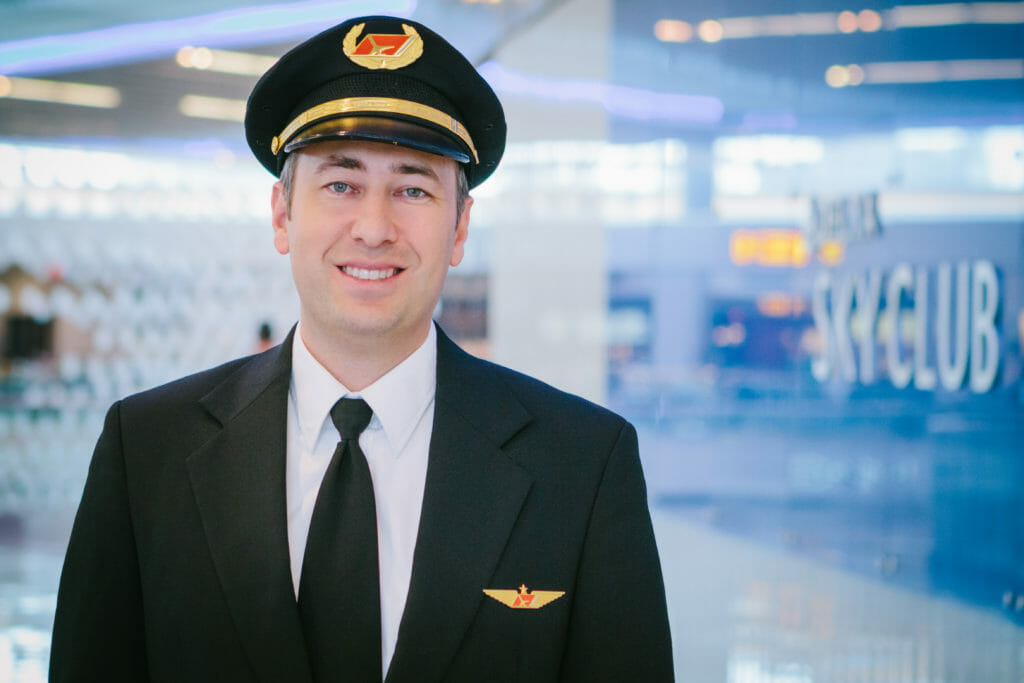
“ExpressJet’s reputation for excellence has always been a point of pride, but the real heart of the company is the people,” says Karl.
That’s why, Karl says, he and his team take the time to make sure they select the right people to join the ExpressJet team. In the midst of a national pilot shortage, some regional airlines don’t do this. In-person interviews are becoming a rarity, as competitor regional airlines struggle to hire enough pilots. Karl, on the other hand, insists that each ExpressJet hire meets the recruiting team in person.
Once a candidate meets the minimum requirements, such as flight hours, ExpressJet flies them to one of its interview hubs in Atlanta or Houston. There, they meet the recruiting team.
“It’s important to us that applicants meet the recruiters who brought them in for an interview. We want them to know that we’re invested in their success. That’s why we start the morning out with an overview of ExpressJet, its people and the benefits we offer,” says Karl.
During the company profile presentation, recruiters also have a Q&A session about the hiring process before giving applicants a job knowledge test. This test is 45 questions based off of the ATP written test. The recruiting team recommends candidates review ATP study guides and Jeppesen plates to prepare for it.
“Job knowledge is the foundation of any aviation career, but we also want to be sure that the candidate will be right for ExpressJet. That’s why we have a panel interview that goes beyond the technical questions into scenario questions that really show us your personality and decision-making process.”
If all of the recruiters are impressed after the panel interview, they’ll discuss future class options with the candidate. Karl knows that this selection process is more thorough than what a lot of competitor airlines do, but he feels that these efforts help bring great people to the ExpressJet team.
In his years as a pilot recruiter, Karl has interviewed countless applicants and his advice to them has never changed.
“Be yourself,” says Karl. “Every pilot we interview is nervous. That’s expected, but the biggest mistake I see during interviews is people not being themselves. When you come here, you see who we are; we want the same chance to get to know you.”
Karl also encourages candidates to come prepared to the interview. He says it’s important to come with all of the required documentation and be prepared for the job knowledge test.
“Our standards are high because we have a lot to offer at ExpressJet,” says Karl. “When you come here, our people will teach you how to be the best pilot you can be.”
ExpressJet has always been known for industry-leading training, but recently has taken it a step further by offering the ATP CTP course free of charge to all new hires during paid training.
“We don’t outsource. We don’t fly you to another facility. Everything is done in-house, so we know it’s done right,” says Karl. “The reason we started offering this course was to save our new-hire pilots $6,000 and to ensure that if they needed the ATP certification, they wouldn’t have to worry about the cost.”
Although ExpressJet is the first 121-passenger carrying airline to be qualified to offer this course, investing in their pilots’ career development is not new for ExpressJet.
Karl has been active in the ExpressJet Pilot Pathway Program, otherwise known as AP3, since its inception. The program partners ExpressJet with universities and flight schools to provide a clear path from flight school to the flight deck.
“It’s all about mentoring the next generation of pilots,” says Karl. “We believe in developing careers before ExpressJet, during ExpressJet and after ExpressJet. That’s why the major airlines hire so many of our pilots.” That’s also why Karl expects to hire around 500 pilots this year alone.
“Seeing pilots that I've hired grow and move up to the majors has been extremely rewarding. Almost every week, somebody I've hired comes to me and thanks me for jump-starting their career. It really feels good,” he says.
This is an exciting time for the recruiting team at ExpressJet and Karl wouldn’t have it any other way.
“The AP3 Program, the pilot mentorship, that’s the sort of thing that I wish I had when I was getting into flying. Back then, my instructors were not airline pilots. They couldn’t tell me what it was like on the line. I wanted to know if I could have a family. I wanted to know if I could fly and have a life. ExpressJet allowed me to do all of that.”
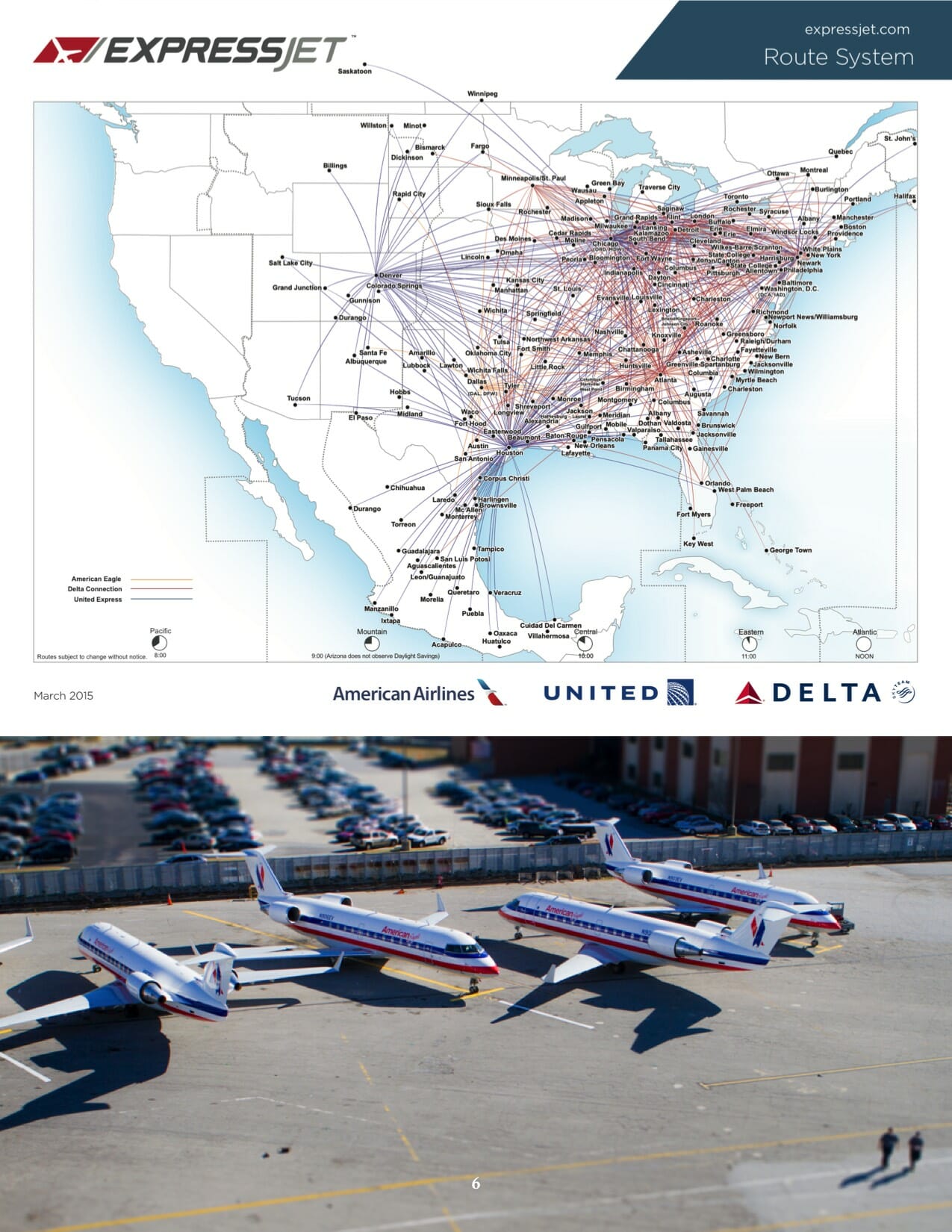
COMPANY FACT SHEET
Crew domiciles
Atlanta (ATL); Chicago (ORD); Cleveland (CLE);
Dallas (DFW); Denver (DEN); Detroit (DTW);
Houston (IAH); Kansas City (MCI); Newark (EWR)
Airports currently served
196 airports in 40 U.S. states, District of Columbia, Canada, Bahamas and Mexico
Employees 9,000+
Average number of daily scheduled departures
System: 1,885
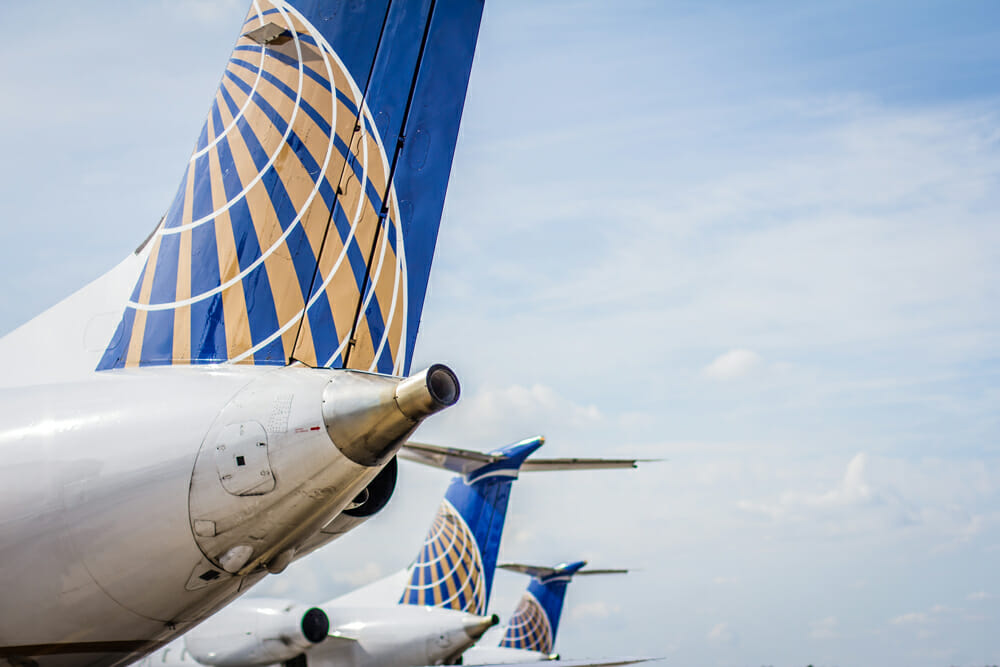
Mainline Partners
American Airlines (ExpressJet operating as American Eagle)
Delta Air Lines (ExpressJet operating as Delta Connection)
United Airlines (ExpressJet operating as United Express)
Passengers carried in 2013 33.2 million
Total revenue passenger miles flown in 2013
16.8 billion
Total aircraft in operating fleet
359 Bombardier and Embraer Jet Aircraft
Aircraft
(78) 50-passenger Bombardier CRJ200 regional jets
(41) 65-passenger Bombardier CRJ700 regional jets
(28) 76-passenger Bombardier CRJ900 regional jets
(205) 50-passenger Embraer ERJ145 regional jets
(7) 37-passenger Embraer ERJ135 regional jets
Our values
Our core values guide us as we work to achieve our vision:
We put safety first
We treat people with dignity and respect
We act with integrity
We continuously improve
We are accountable
